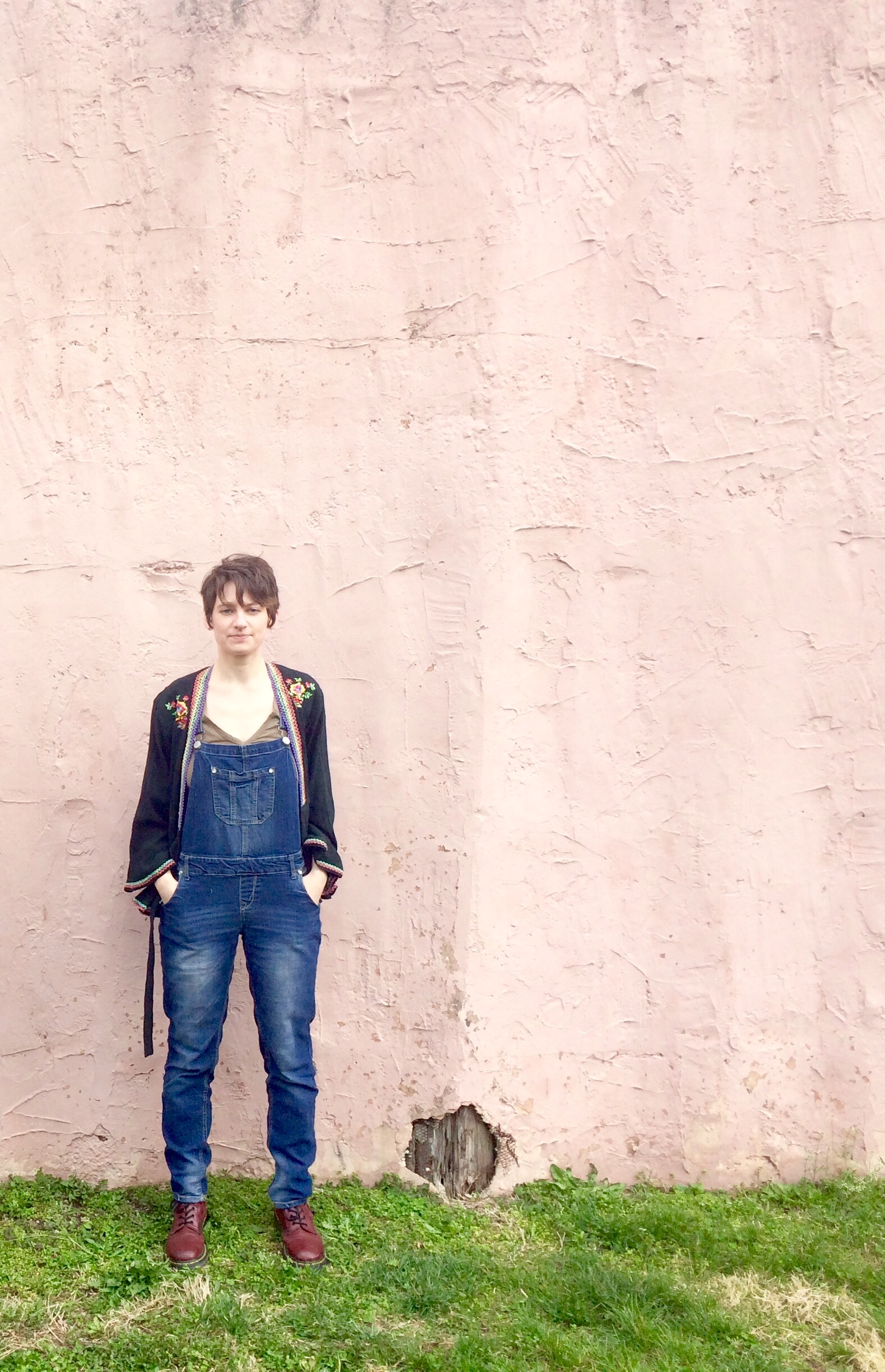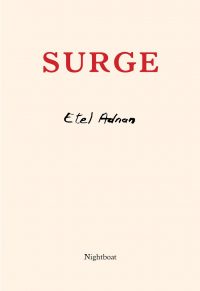Monkeys, Minor Planet, Average Star, Gracie Leavitt’s first full-length collection, draws on rich lyric history, the love poem as prism, in an effort to create a postmodern pastoral. Leavitt’s lines—a baroque tracery, sometimes dark, teasing prose, and pronoun-packed—and unstoppable syntax define her unique poetic vision. This idyll, with its bucolic scenery, its domestic scale, its erotic charge, charges forward into an ecofeminist future.
Reviews
Gracie Leavitt’s debut collection, Monkeys, Minor Planet, Average Star, uses R. Buckminster Fuller’s 1969 Operating Manual for Spaceship Earth as its intertext, passages from his book making up pages of Leavitt’s own…
Leavitt’s poems attune the reader to the frame of their viewership. Her “long distance thinking” informs a poetics simultaneously devoted to engaging and subverting meaning. The first and third sections of the book, entitled “Gap Gardening” I and II respectively, employ Rosmarie Waldrop’s concept of “gap gardening,” a mode of writing that cultivates discontinuity by bringing the gap offered by the margins of a poem into its body.
In addition to its elegiac overtones, Leavitt’s poetry is not infrequently invested in feeling globally, and in the possibility of an aesthetic that reclaims even as it celebrates and describes…
Finally, though, Leavitt’s overloaded aesthetic is not perhaps a pessimistic one. Instead, it suggests that a certain kind of profusion is not only political but also ultimately useful…
Such a poetics, we’re given to understand, is not just about decoration: it’s equally able to mourn and to celebrate, to sing a superfund site and to question our notions of genius and girlhood. To “put on earth this little space my desire for desire forms” is a decadent act, but not a useless one.
Digging into Gracie Leavitt’s first book, Monkeys, Minor Planet, Average Star is a lot like starting a garden bed. The process is arduous, but highly rewarding. If you have ever spent time bent over a garden bed, hacking away at hard-packed earth, you know what it’s like to discover truth. Leavitt’s poems demand undivided attention, but once you break a sweat and find your rhythm, everything shifts to its rightful place. The story is in the soil as Leavitt invites you on the walk to get there.
Gracie Leavitt’s Monkeys, Minor Planet, Average Star shows how poetry can shape itself around a prickly surface that proves nonetheless irresistible. These are poems constructed around long run-on sentences and an idiosyncratic and Latinate lexicon. Poems like this should, one thinks, be uninviting, but their energy proves otherwise…
Here, syntax becomes a core constituent of meaning, conjoining rhythm, image, and idea in ways that cannot be tidily excised or framed. Traveling through these poems (“to be a thought on landscape disfigured”) is a constant exercise in shifting foreground and background.
Formidable vocabulary and cavalier jumps between subject matter are standard in Leavitt’s debut collection of post-modern pastorals. These are brainy poems where feats of syntactic contortion occur even on the microscopic level: “a new sentence is a sentence/ between two sentences…” Bouncing between abstract elements and tender emotions, Leavitt’s strength stems from her ability to operate simultaneously in different thematic spaces.
This poet is a gracious and gutsy student of the overwhelm of living, and of what happens when death is wholly given to, by the book’s subjects, its eco-ephemera—what does this knowing on the part of the girl do to literariness? While at the same time how the book seems to want to elide death: “a new sentence is a sentence between two sentences.” How the book wants to claim the inevitable inheritances that spring from language to language, earth to earth, person to person, death to life. So much love in this, such appreciation of the homiest and the most cosmic detail, such an ambiguity of value. What this Ophelia asks, with and maybe past Shakespeare’s, is what happens when she knows how she is “importun’d,” pressed upon, demanded of, drawn down by the world, and more than that, what happens when she refuses to not know this as a human condition…






